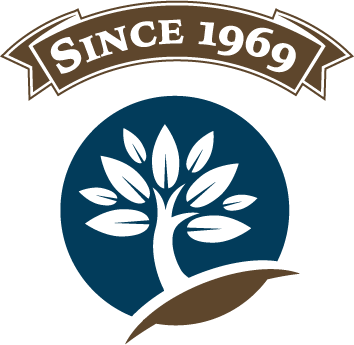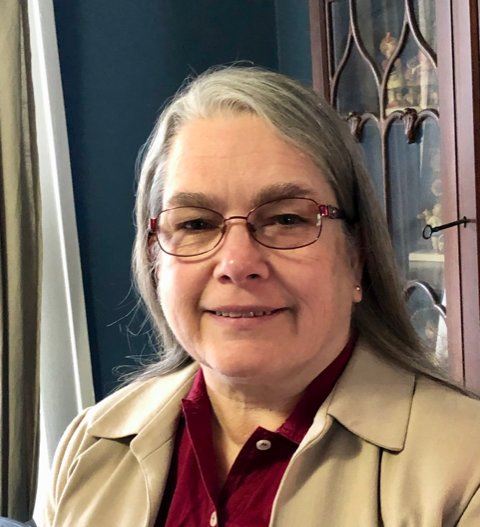Minnesota Genealogical Society 1385 Mendota Heights Road, Suite 100 |
| 2025 North Star Breakout Speakers and SessionsMeet the speakers and check out their sessions!Lecture Levels: [B]=Beginner [I]=Intermediate [A]=Advanced | More Info... |
Gary Ball-Kilbourne, CG, CGL Session: Visualize Family Connections with Obsidian's Power Tools |
| Eleanor BrinskoEleanor Brinsko is a professional genealogist who specializes in Scandinavian-American genealogy by looking at genealogical and social trends on both sides of the Atlantic. She has given lectures for the Wisconsin Historical Society and public libraries, genealogical societies, and family reunions across the country. She also taught a graduate-level genealogy course for the University of Wisconsin-Madison’s iSchool and has contributed to Henry Louis Gates Jr.’s “Finding Your Roots” on PBS.Session: Sifting Through the Cookbooks for Our Female Ancestors |
| Patricia Coleman Session 1: Finding Thomas Byrnes Birth Location with no Direct Evidence Session 2: Enhancing Genealogical Research with AI Assistant |
| Sarah DaySarah is a professional genealogist specializing in U.S., U.K., and DNA research. She is a member of the Association of Professional Genealogists (APG) and holds an Accredited Genealogist® credential in the U.S. Southwest through ICAPGen. She is also pursuing a genealogy degree at Brigham Young University. Session 1: How to Evaluate Sources and Resolve Conflicting Information Session 2: Researching Pre-1850 Records in the Upper Midwest |
| Jessica Fontana Session: Finding my way: researching your ancestor in cities |
| Lisa MinogueLisa Minogue was a software architect and a computer science professor before retiring to spend more time on her family history. She loves to find creative ways to use old records to solve genealogy problems. She presented "Did Grandpa Live on a Freeway" at last year's North Star conference.Session: The Lay of the Land: Using deeds to solve genealogical problems |
| Chelley Brekke McLearChelley grew up in England & lived In N. Ireland for 25 years and is a research specialist for these areas. She regularly presents at the DNA Interest Group and coordinates the Writing Interest Group. The North Star Award winner for 2024, Chelley can be found at FamilyTreeTrails.com.Session 1: I Took the DNA Test, Now What? Session 2: Telling Family (Hi)Stories to Children |
| Elizabeth Williams Gomoll Session: Off the Beaten Path: New-to-you Midwest Genealogy Web-Resources |
| Daniel Horowitz Session: What AI (Artificial Intelligence) Can Do for a Genealogist |
| Bert JonesBert Jones is an experienced graphic designer, event planner, and photographer with over 20 years in the design field. A past volunteer at the Minnesota Genealogical Society, he is passionate about accessibility, organization, and storytelling. Bert is also a speaker, trainer, and co-host/producer of multiple podcasts.Session: From Handwritten to Digital: Saving Notes with Photo Metadata |
| Glenn O'Meara Session 1: Migration Patterns- British Isle to Canada onto Minnesota Session 2: Putting it all together - Your Family History Presentation |













